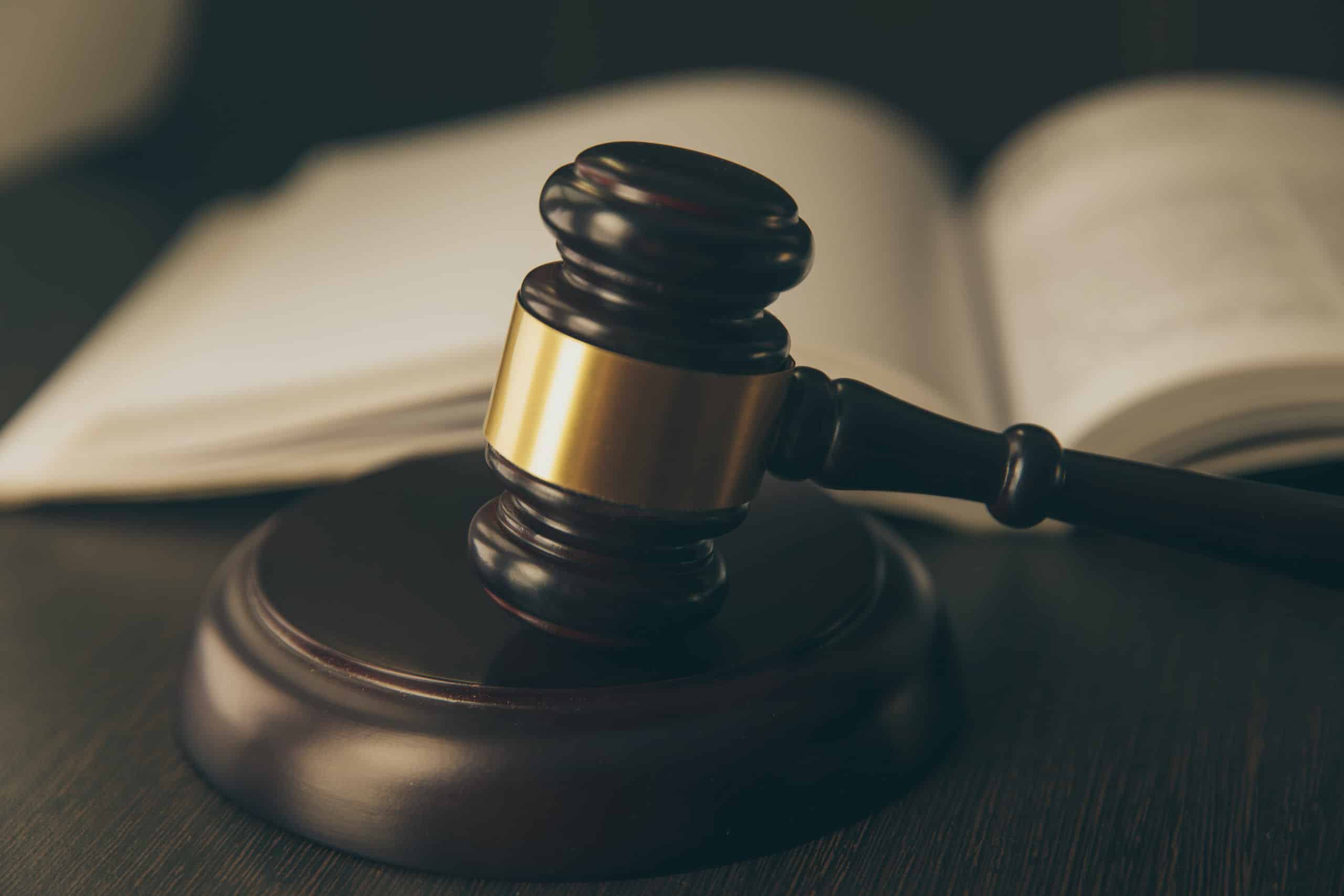Under most jurisdictions, voyeurism is considered a serious crime and carries a severe punishment. However, every state has a different approach, and state laws suggest different punitive measures depending on the circumstances and the severity of the offense. In Florida, these punitive measures are governed by Florida’s “Peeping Tom Laws.”
If you have been charged with voyeurism or are involved in a lawsuit pertaining to voyeurism charges in the State of Florida, you will want to familiarize yourself with these laws and their various stipulations. Read on below to learn the legal definition of voyeurism and how the Floridian legal system penalizes individuals convicted of this crime.
If you need legal assistance in the State of Florida, our team at Mike G Law is ready to lend expert advice and defend your rights.
What is Voyeurism?
According to Florida law, voyeurism is defined as secretly observing another individual, especially viewing them in a state of undress or indecency, without their knowledge or consent. To be legally considered voyeuristic, the act has to be governed by certain stipulations.
First of all, the “lewd or lascivious intent” of the defendant must be proven beyond a reasonable doubt. Additionally, the victim must be in a position where their privacy can be reasonably expected, such as in their private home or a public bathroom or changing room.
What is a Peeping Tom Law?
A Peeping Tom Law is a law enacted to prevent voyeuristic crimes and punish those convicted of these acts. In the case of the State of Florida, the main law in question is Statute 810.14, which delineates the legal definition of voyeurism and the punitive measures applicable for first offenses, repeated offenses, and voyeuristic acts involving video recording and/or distribution of material recorded without the subject’s consent.
How is Voyeurism Punished in Florida?
According to the Peeping Tom Laws governing voyeurism charges in the State of Florida, there are three main categories of punitive measures that can be applied to individuals convicted of this crime. The decision ultimately comes down to the number of offenses committed by the defendant and certain circumstances of the incident.
First Offense
A conviction for a first offense of voyeurism without the use of video recording would result in the least severe punitive measures. In this case, the crime would be classified as a misdemeanor, meaning it cannot be punished with a prison sentence exceeding one year. For a first-degree voyeurism misdemeanor in the State of Florida, those convicted can be sentenced to a prison sentence of no more than 365 days and fines exceeding no more than $1,000.
Multiple Offenses
If the defendant is convicted of voyeurism more than once, the severity of punishment escalates dramatically. The charge is upgraded from a first-degree misdemeanor to a third-degree felony for a repeat offender. Felony charges can result in prison sentences exceeding one year. For multiple charges of voyeurism in the State of Florida, individuals convicted could face a prison sentence of up to 5 years and fines exceeding no more than $5,000.
Voyeuristic Video Recording
“Video voyeurism” is an added category with special stipulations for the potential sentencing. Individuals 18 years of age or younger convicted of violating another person’s privacy by filming them without their consent could face misdemeanor charges and be sentenced to up to $1,000 in fines and up to one year in prison.
Those 19 years of age or older could be sentenced to up to $5,000 in fines and five years in prison for the same offense, as for them, it would be charged as a third-degree felony. The sentence could be as severe as a 15-year prison sentence and $15,000 in fines for repeated offenses.
Whether or not recorded material was distributed to others could also affect the severity of the punitive measures.
Typical Defenses for Voyeurism Charges
If you need to defend yourself against voyeurism charges in the State of Florida, a qualified and experienced legal representative can use a few different strategies to prove your innocence. These typically revolve around convincing the judge and jury that the incident that took place does not meet the qualifications to legally be defined as voyeurism. Let’s take a closer look at how this can be done.
No Lewd or Lascivious Intent
To be convicted for voyeurism, the judge and jury must determine that the defendant acted with lewd or lascivious intent. If a legal representative can prove that their client viewed the other party by accident or without nefarious intent, they cannot be convicted of this crime.
Unreasonable Expectation of Privacy
Another key factor of the legal definition of voyeurism is that you looked at the victim in a place where they should’ve expected to have privacy. The defense can try to argue that the plaintiff’s expectation to have privacy in the location where the alleged act took place was not reasonable. If this is convincingly the case, the charge cannot be classed as voyeurism, and the Peeping Tom Laws would not apply.
Intimate Areas Not Protected from Public View
The Peeping Tom Laws do not protect individuals who deliberately or inadvertently expose their intimate areas to the public. A bystander who happened to see another individual who had indecently exposed themselves in a public location cannot be charged with voyeurism.
What to Do if Charged Under Florida’s Peeping Tom Laws
Those facing voyeurism charges in the state of Florida are strongly advised to seek legal counsel as soon as possible. Ensure an experienced defense attorney is by your side who understands the subject matter and can help prove your innocence in a court of law.
Get in Touch
If you are being charged with voyeurism under Florida’s Peeping Tom Laws, you must find qualified legal representation right away. Luckily, our team at Mike G Law is always available to assist with your legal needs. Contact us as soon as possible for a free consultation and professional assistance with your case.

